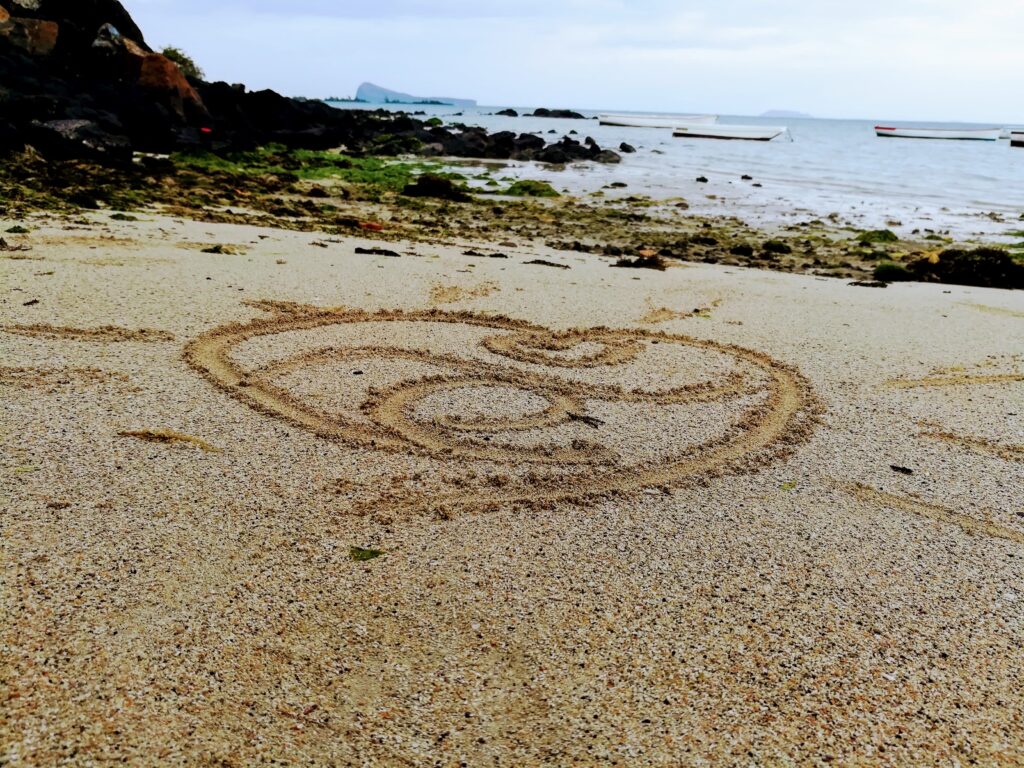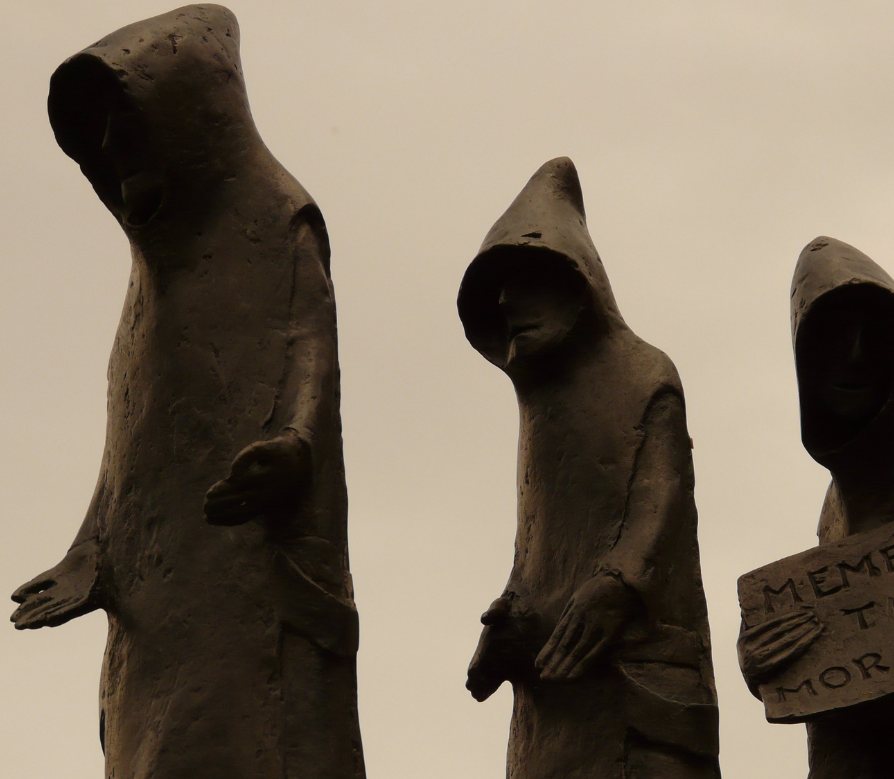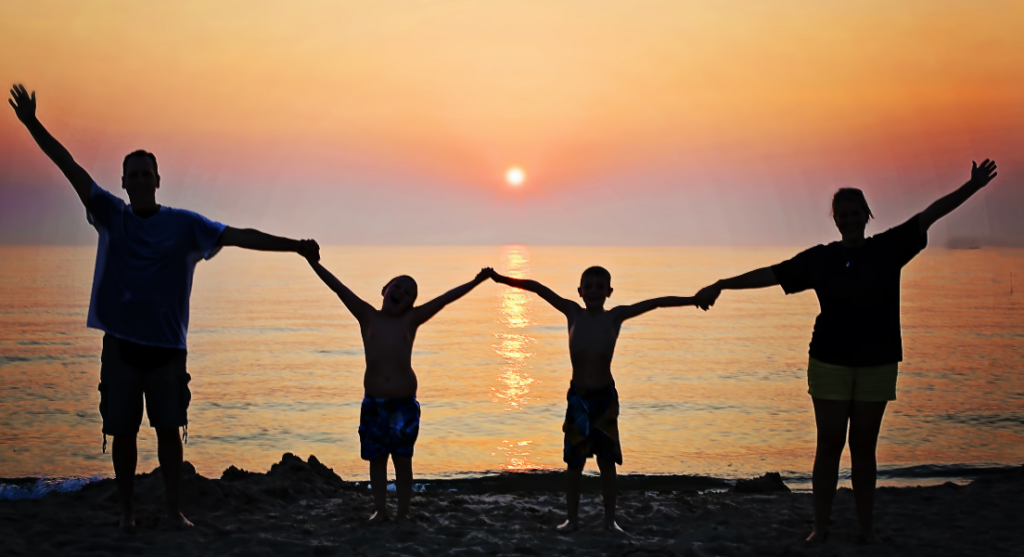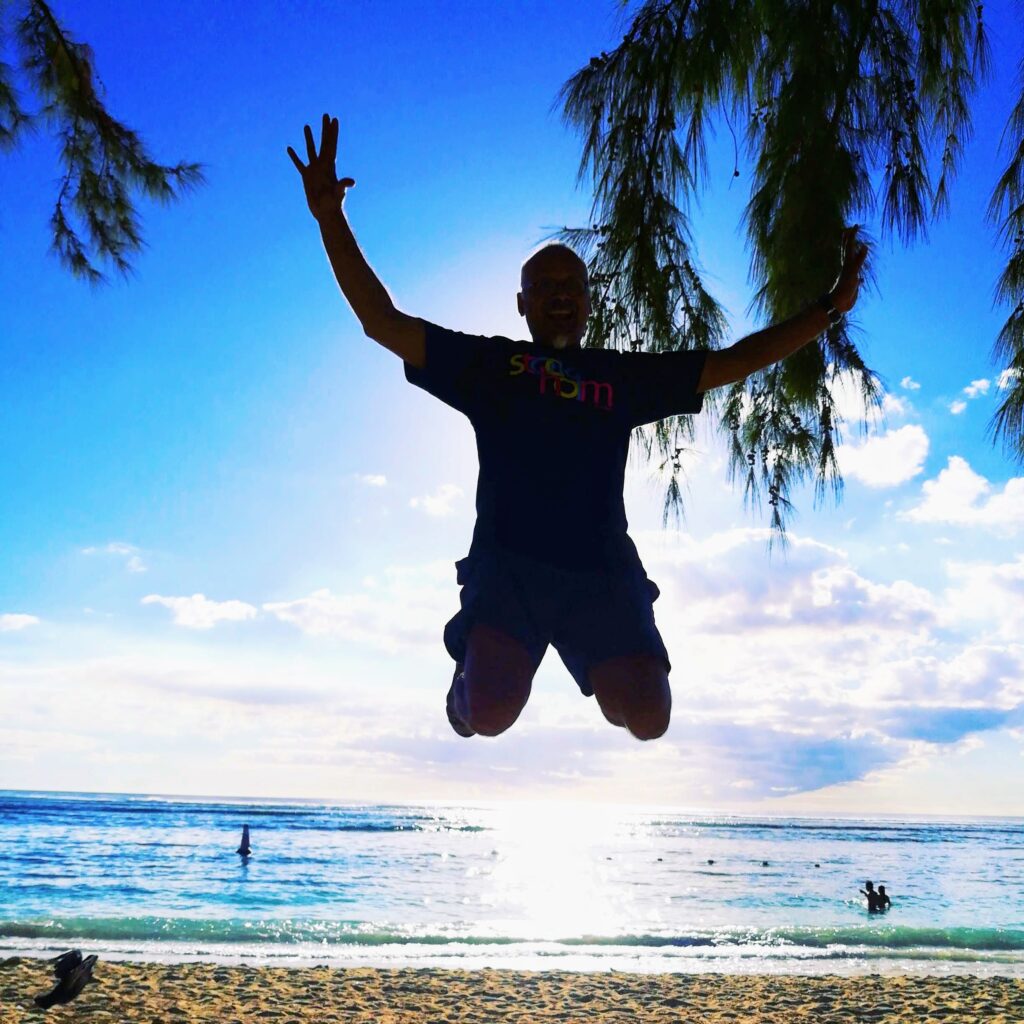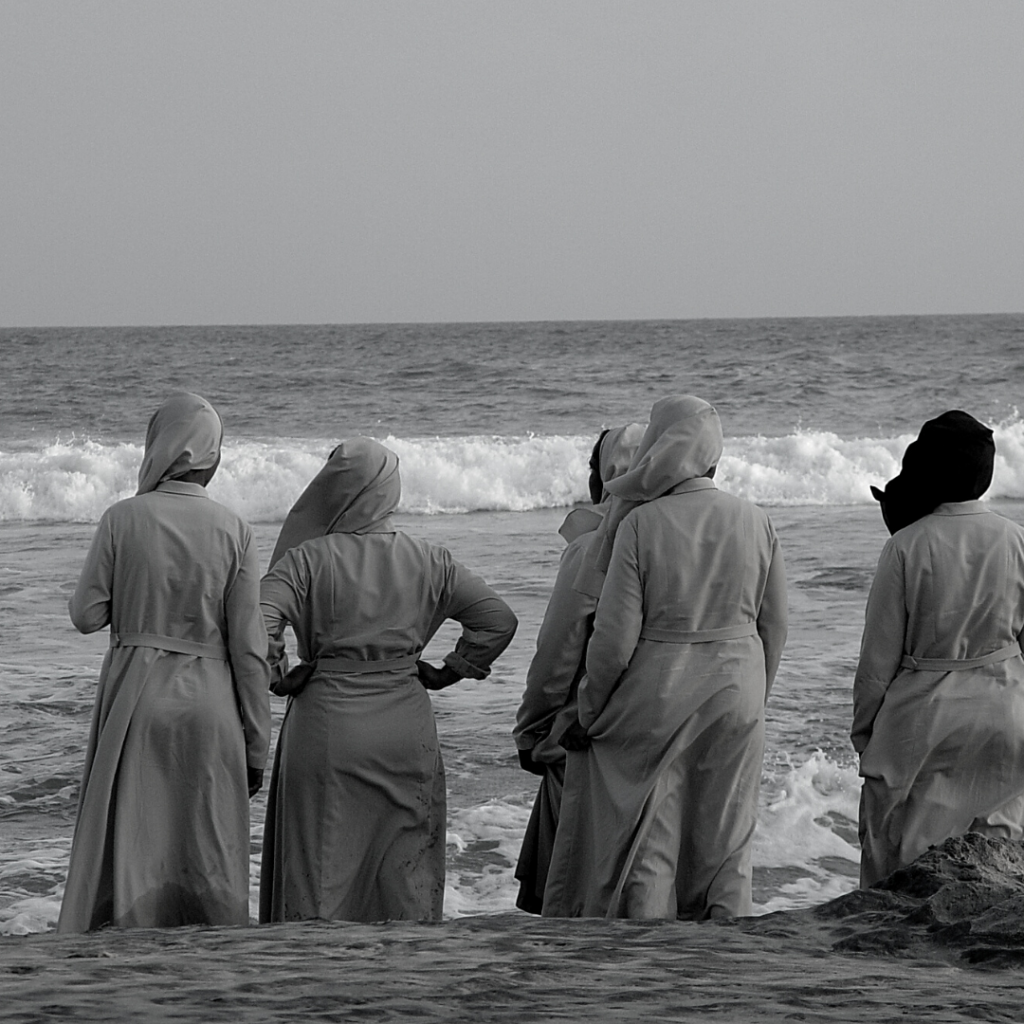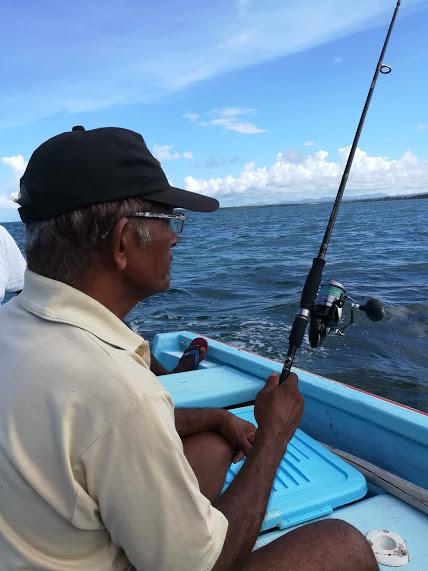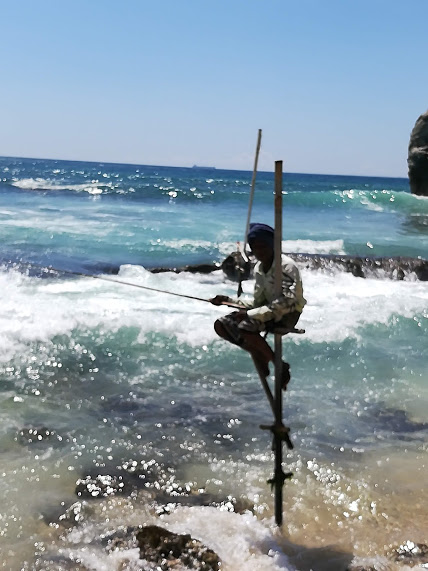This fourth post on happiness is about giving it away. A story…

A man was walking on a beach one morning. Over in the distance, he saw a figure repeatedly bending down, picking something up, and throwing it into the ocean. He wondered what was going on and walked towards the figure to investigate. When he came closer he saw that the beach was covered with thousands of starfish that the tide had brought in. The figure was a girl and she was picking up the starfish and throwing them into the water. What are you doing? he asked her.
Well, she said, the tide has brought in all these starfish. Soon the sun will get hotter and the starfish are going to die. I am trying to save them.
The man glanced around at the thousands of starfish on the shore and said, There are too many. You can’t possibly make a difference!
The girl bent down, picked up yet another starfish and threw it into the water, and said, Well, it made a difference for that one.
The man paused and then bent down and picked up a starfish and cast it into the ocean. And then another…
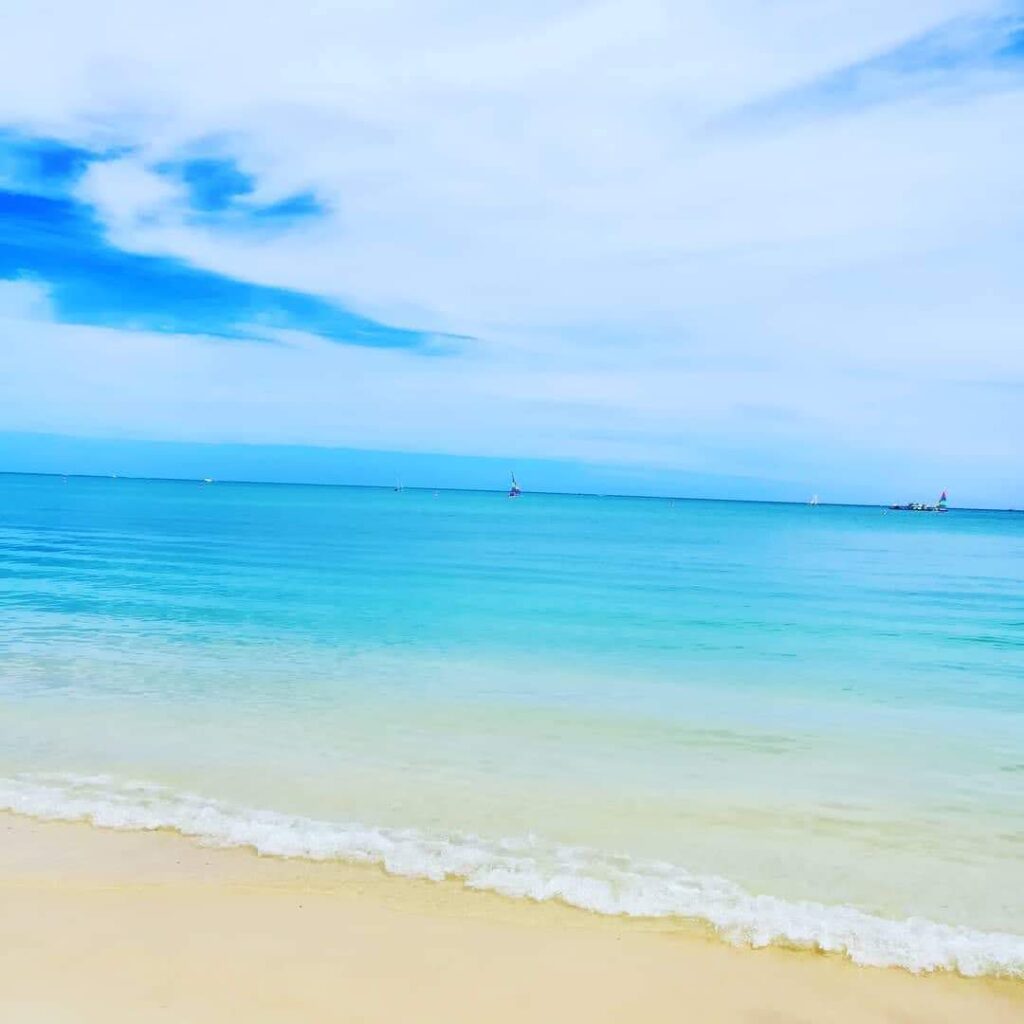
The thing is that even small actions change the world. Mother Teresa said (what is perhaps my favorite saying), We can do no great things, only small things with great love. What she offered is that small things done consistently add up, but these must come from the place of love. Actions that flow from love are their own reward. We don’t have to fixate on outcomes that we don’t control.
It is also clear that what we give is what we receive. The research indicates that we grow happier with generosity. Older people who are generous tend to have better health, and spending money on others can be as effective at lowering blood pressure as medication or exercise. Helping others increases life expectancy because it reduces stress (https://greatergood.berkeley.edu/article/item/5_ways_giving_is_good_for_you).
To follow the clues in Mother Teresa’s statement, we can begin by focusing on what we love and who we love — family, friends, people in need, community, animals, nature. When we give as an expression of love, we are not diminished but renewed. And what often happens is that the circle of compassion expands.
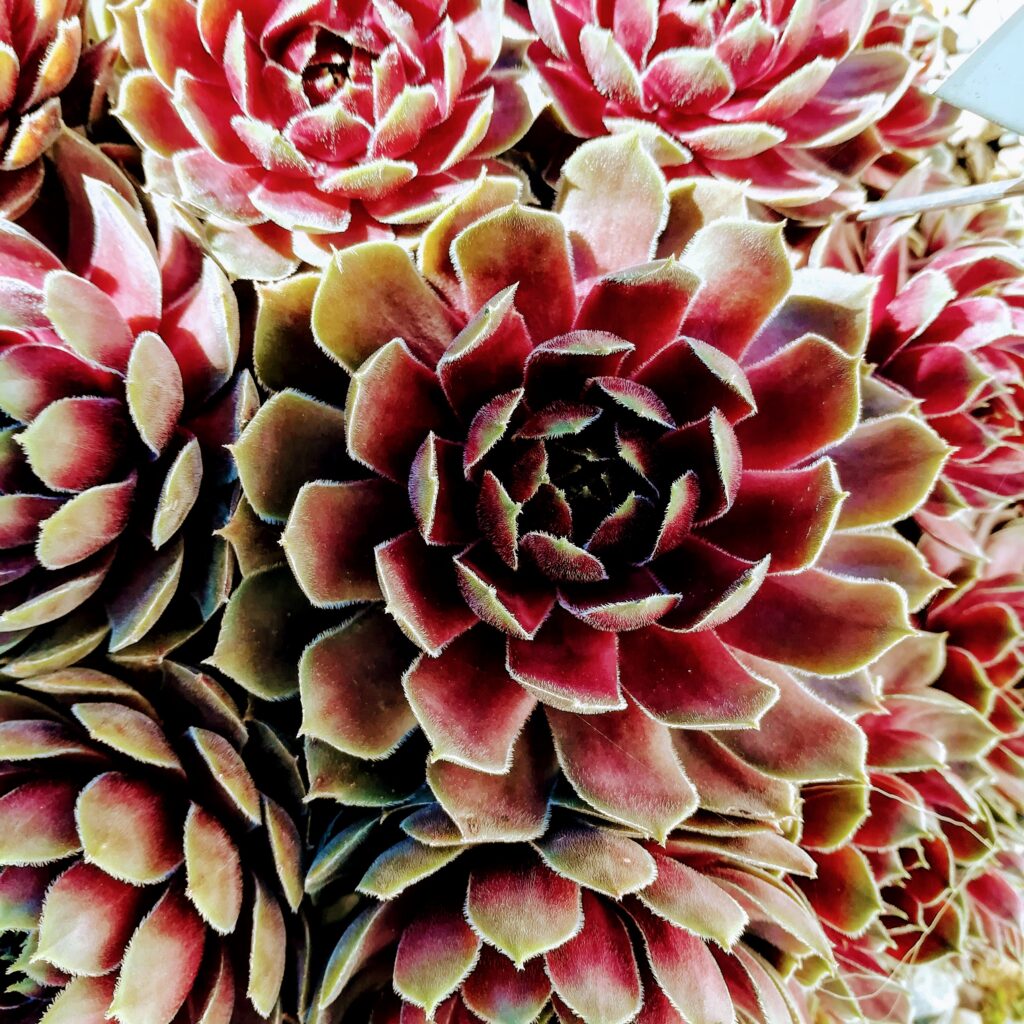
This idea of expansive and inclusive compassion was expressed by Einstein who looked at the great, big universe filled with stars and saw a web of connection:
A human being is a part of the whole that is called by us the universe, a part limited in time and space. He experiences himself, his thoughts and feeling as something separated from the rest, a kind of optical delusion of his consciousness. This delusion is a kind of prison for us, restricting us to our personal desires and to affection for a few persons nearest to us. Our task must be to free ourselves from this prison by widening our circle of compassion to embrace all living creatures and the whole of nature in its beauty.
If we look, the world is filled with starfish stranded on many shores — so many people in need of kindness and help. It may be beyond our means to help everyone, but helping even one makes a difference to that one. And as we explored in the prior post about the monks (https://spiritualsushi.com/one-of-us-is-the-messiah-and-all-of-us-can-be/), and the words of Mother Teresa, what we give in small actions of love can cascade into big things. For we are all connected and love is the flow of compassion through the arteries of connection.
Happiness, then, is ours to claim, ours to generate, and ours to give. The opportunities for this are as abundant as the stars in the sky.
One Love!
